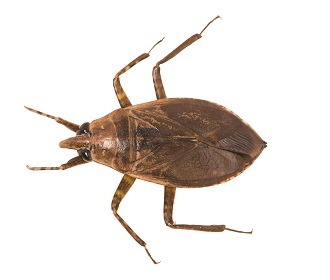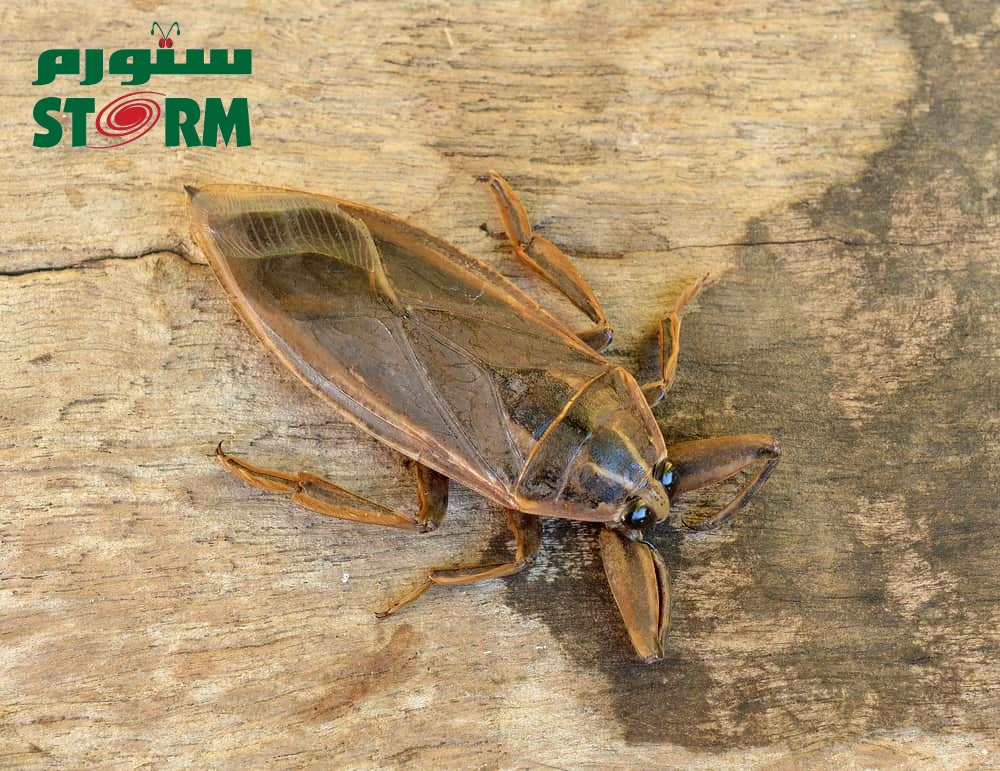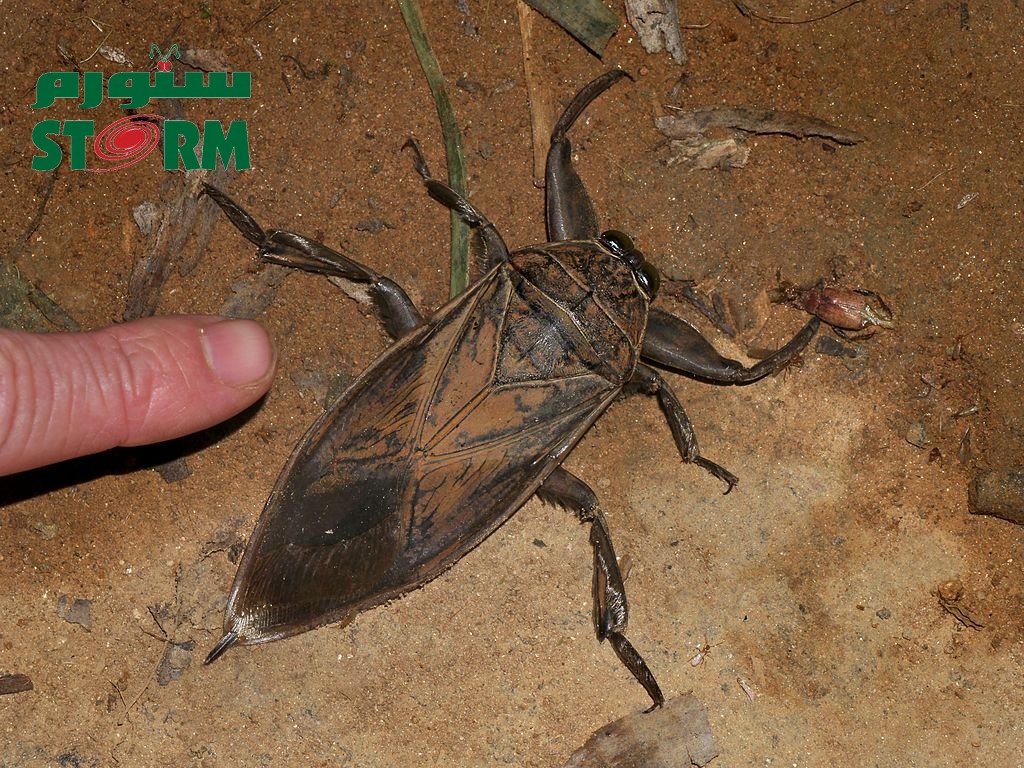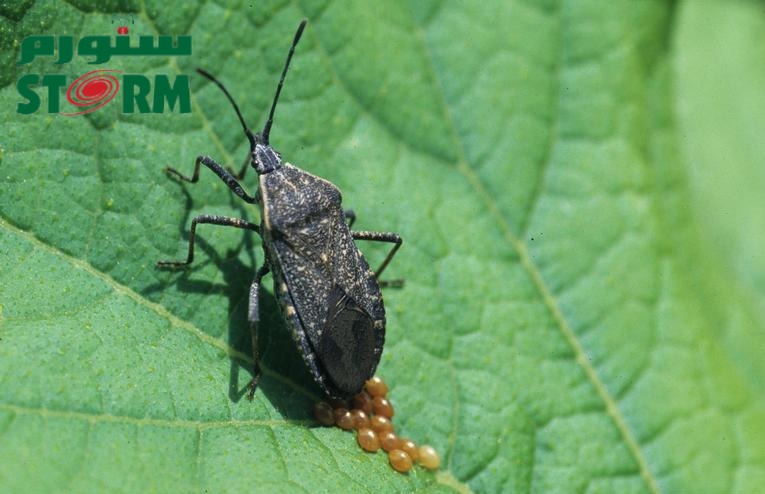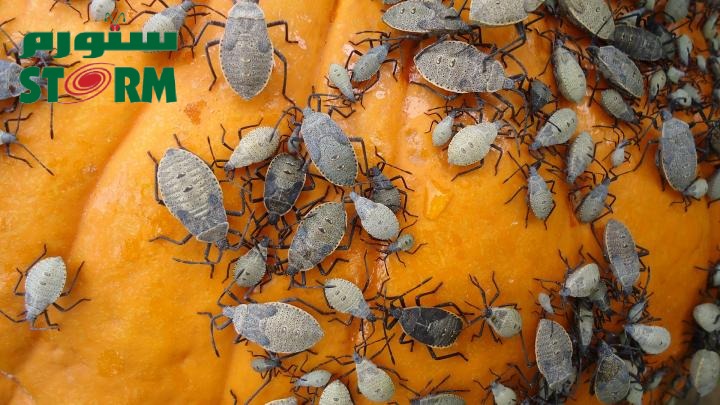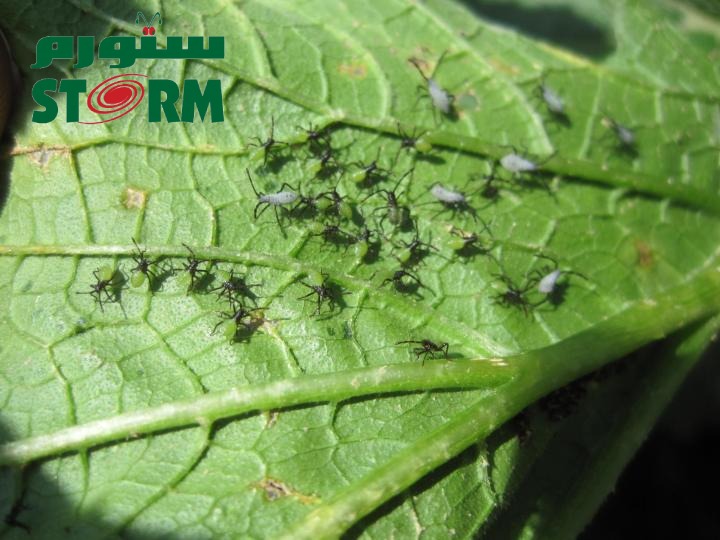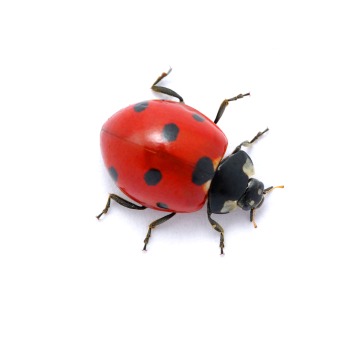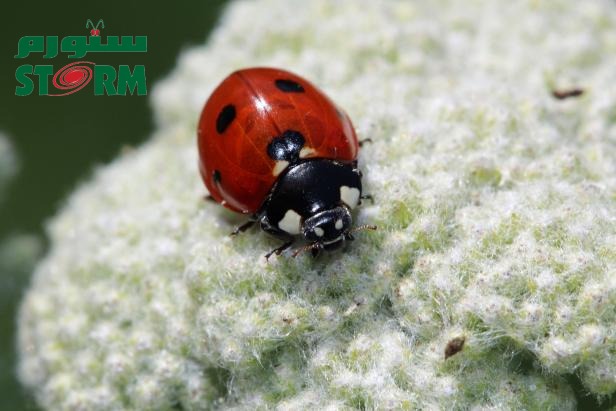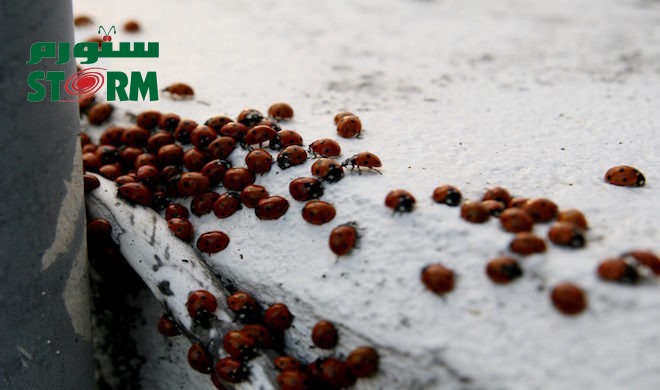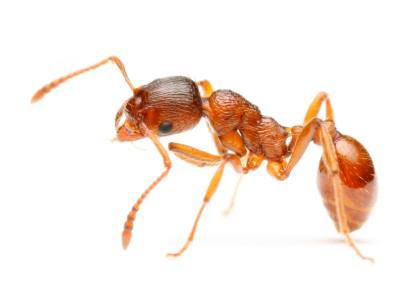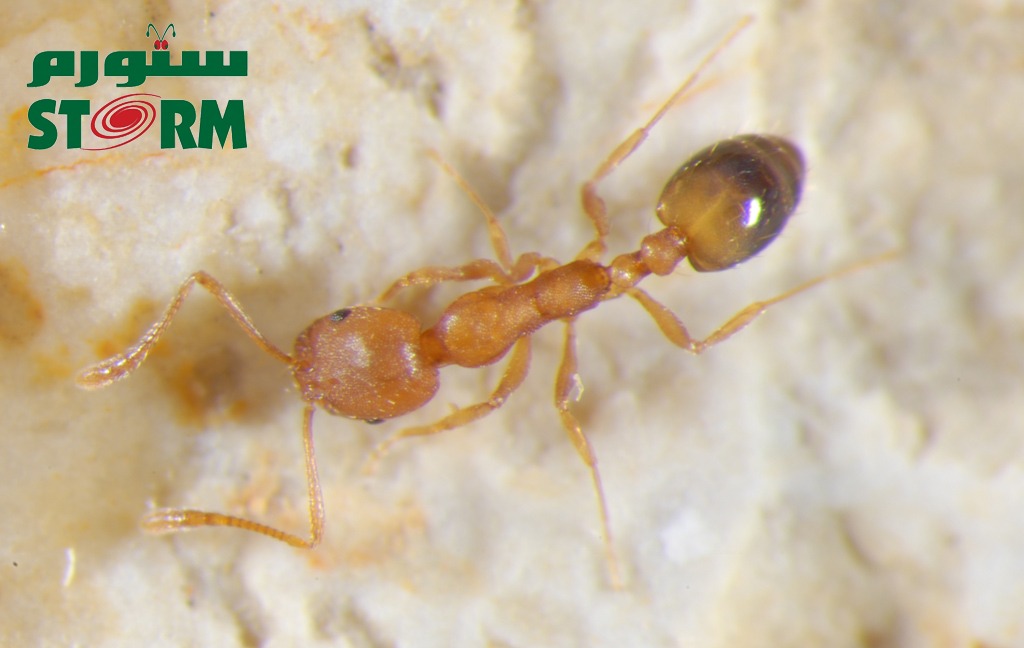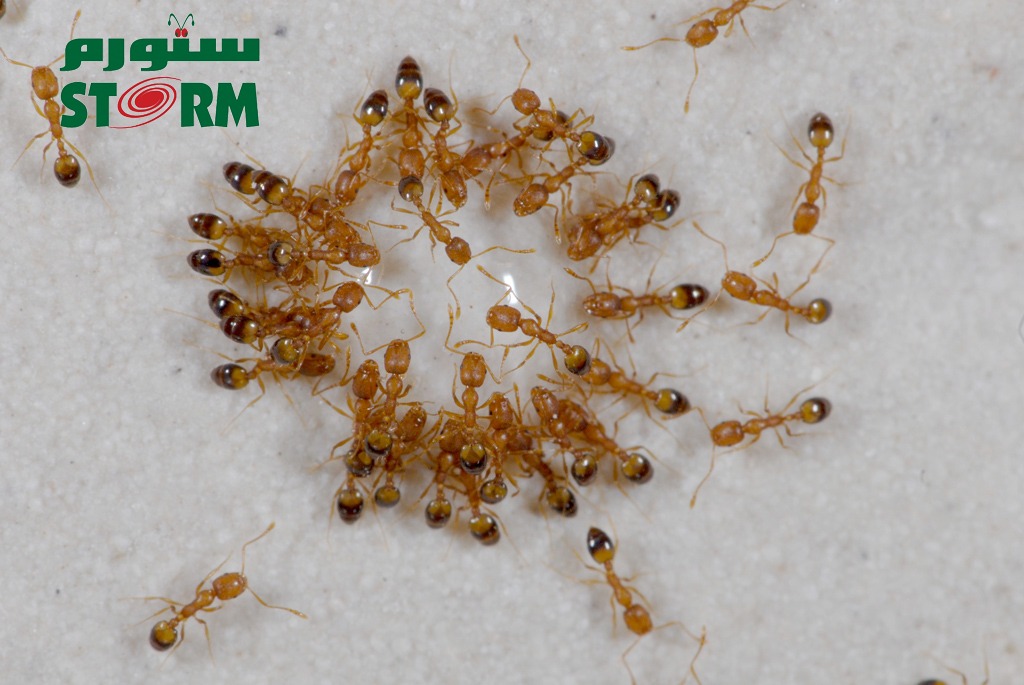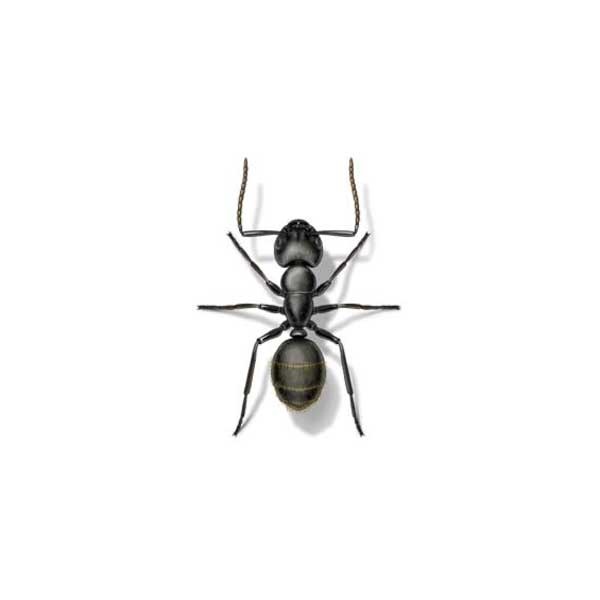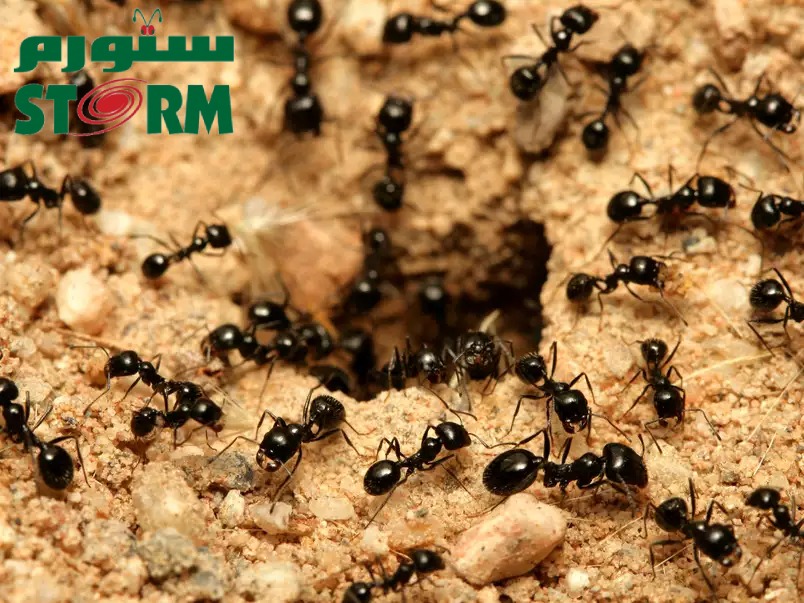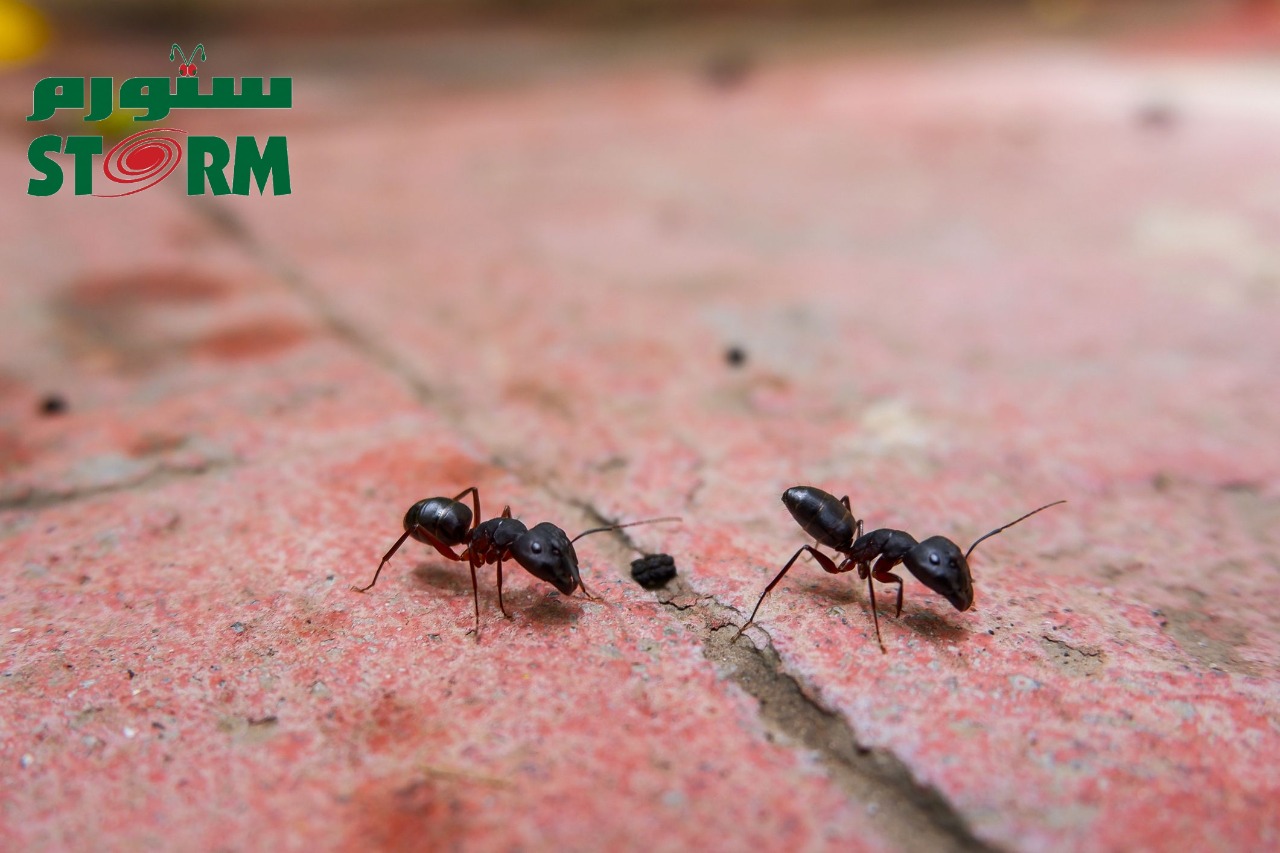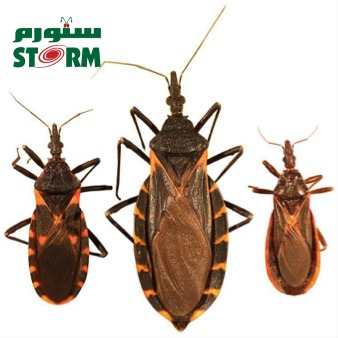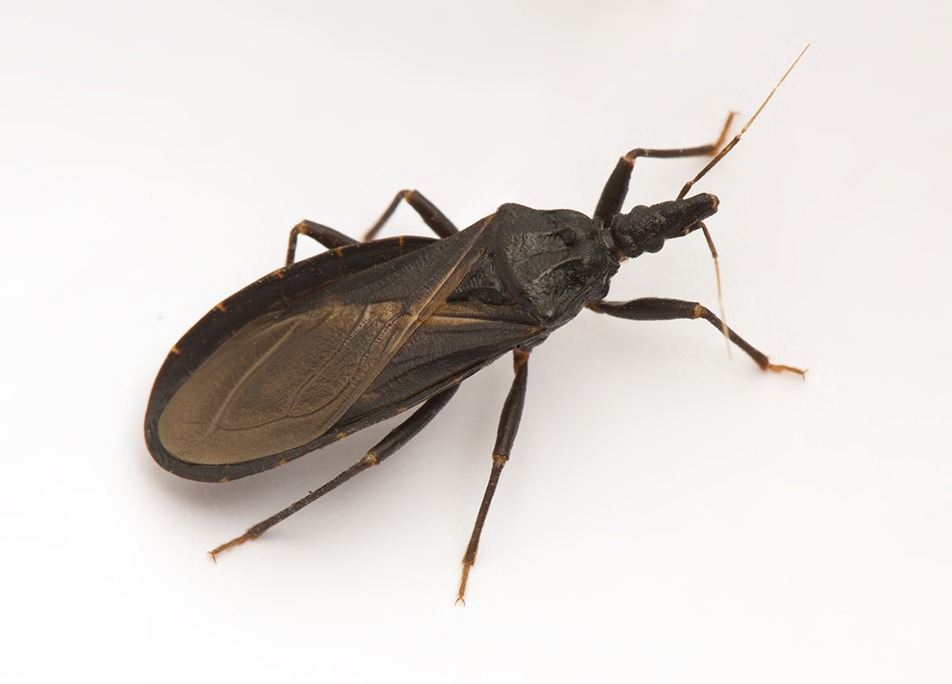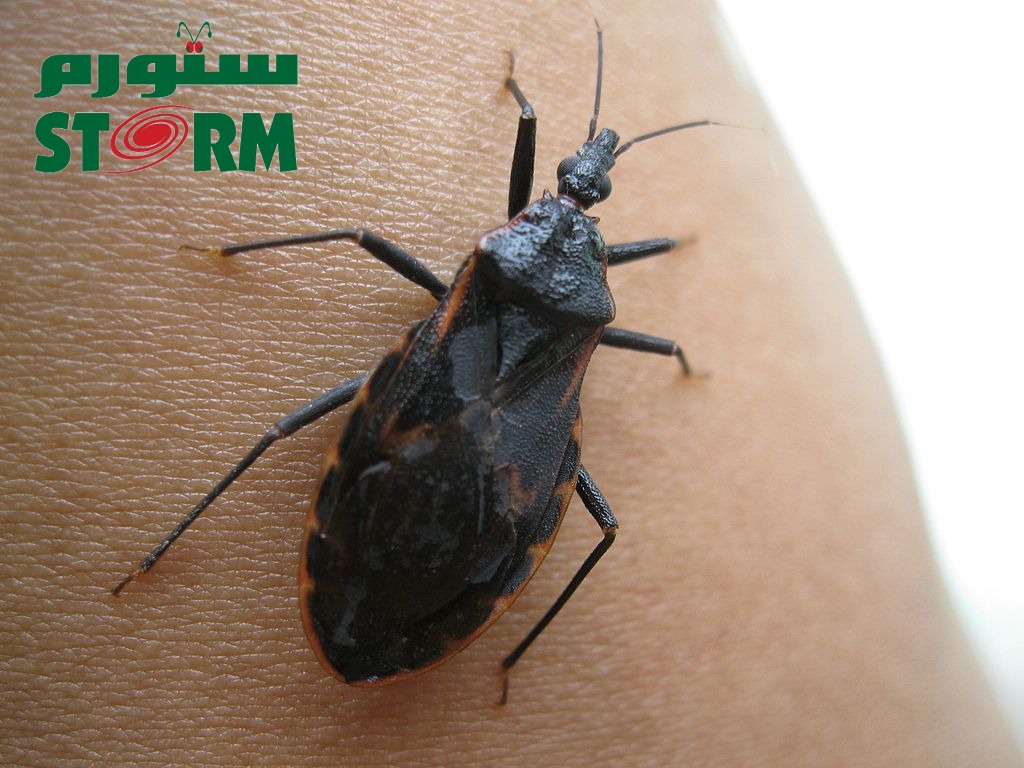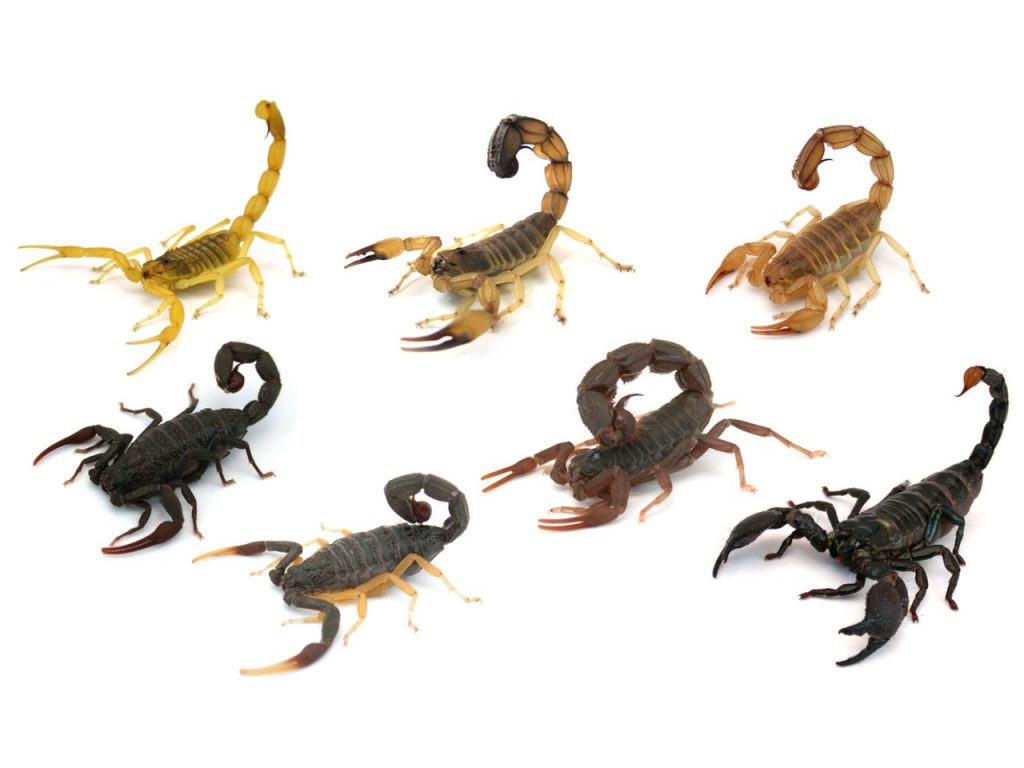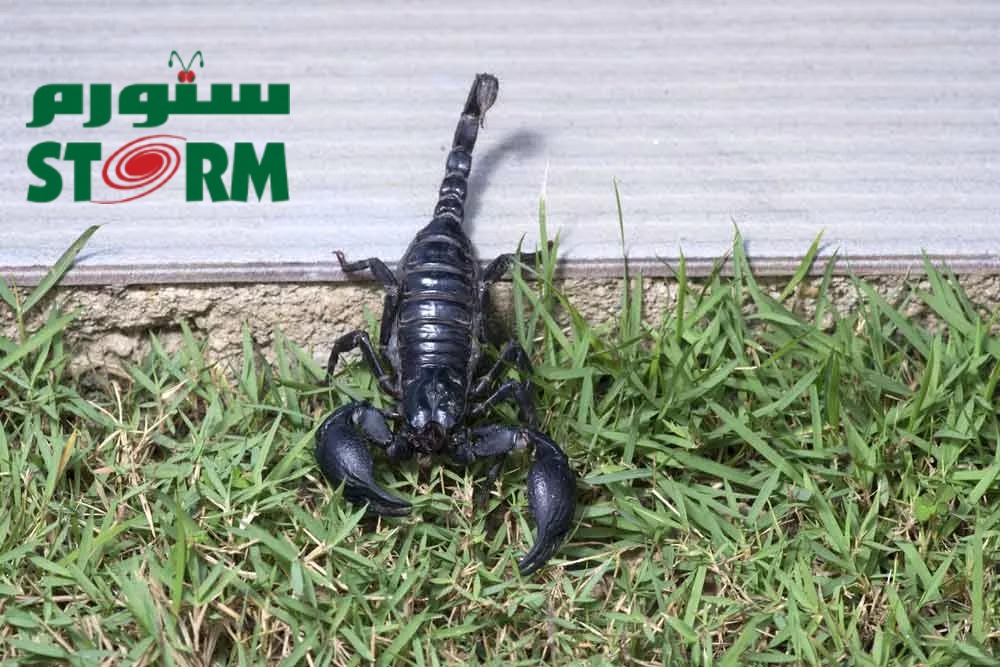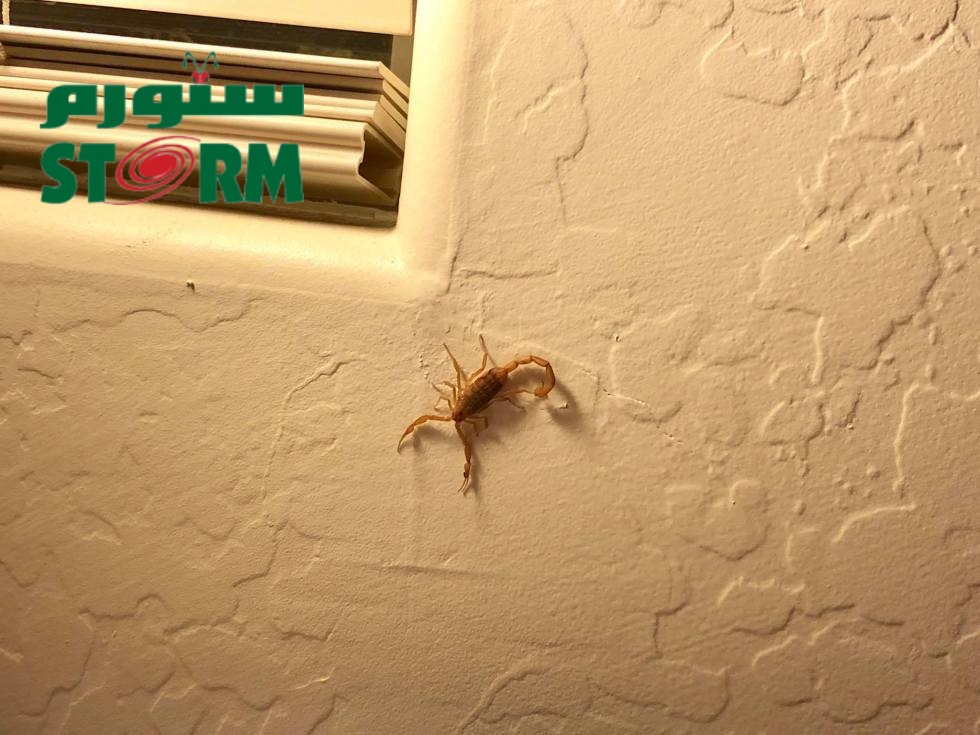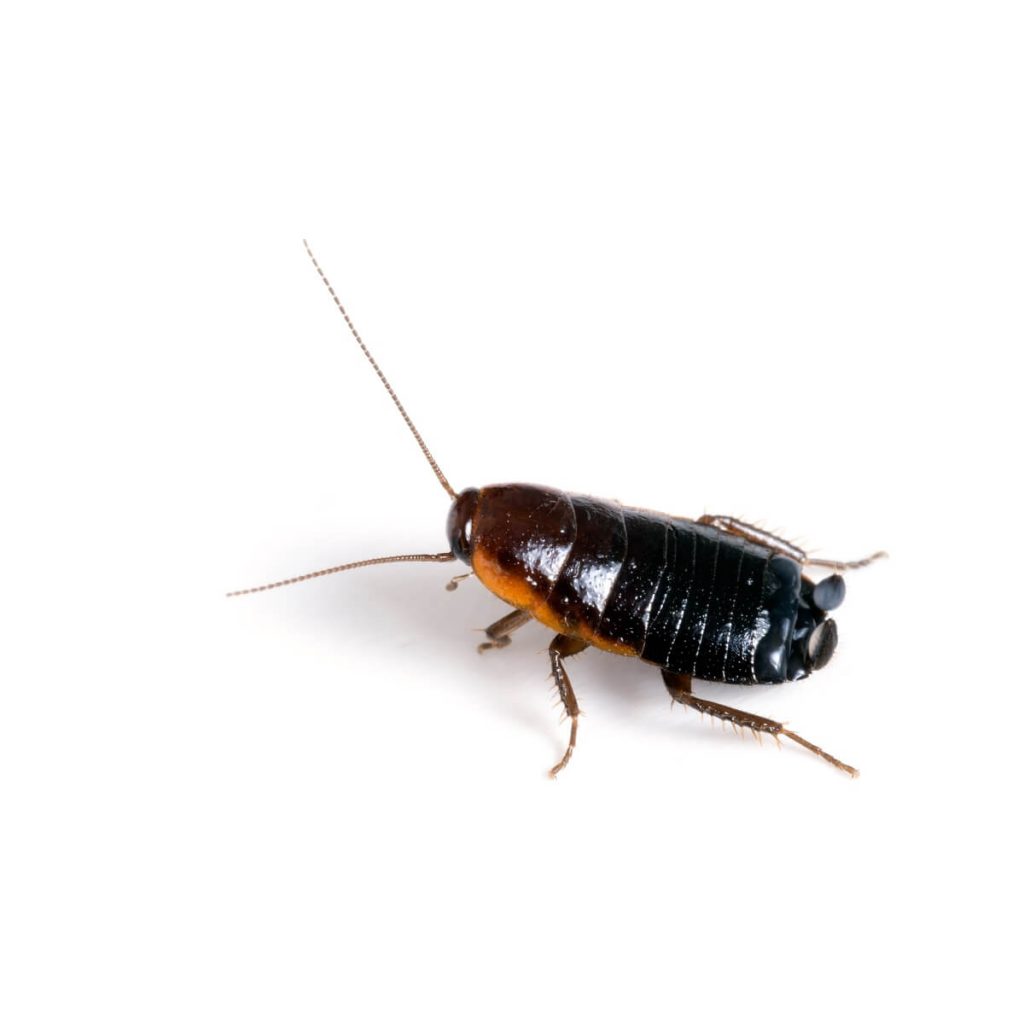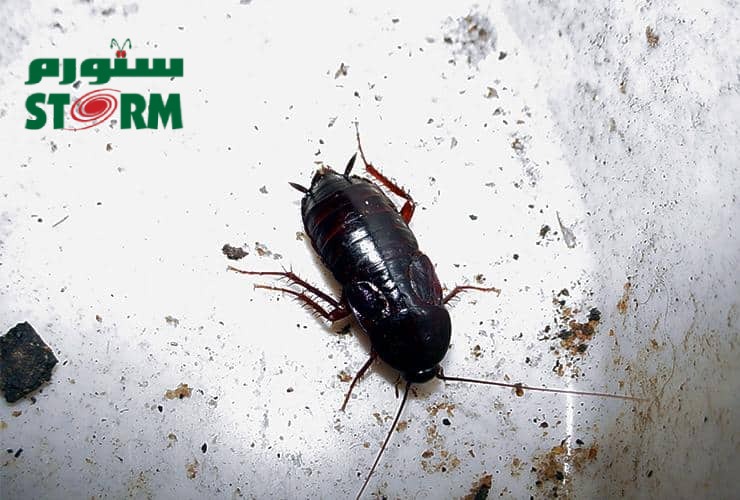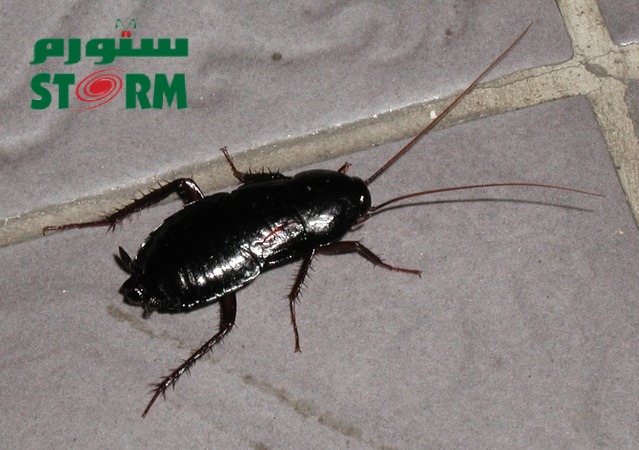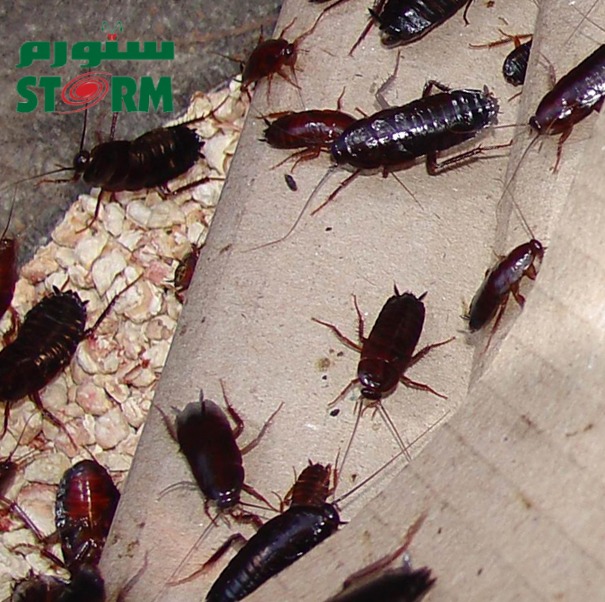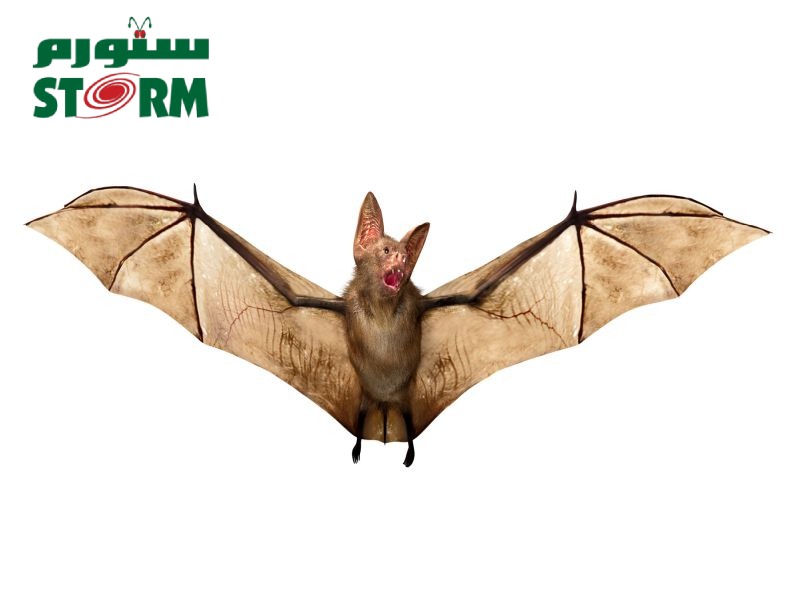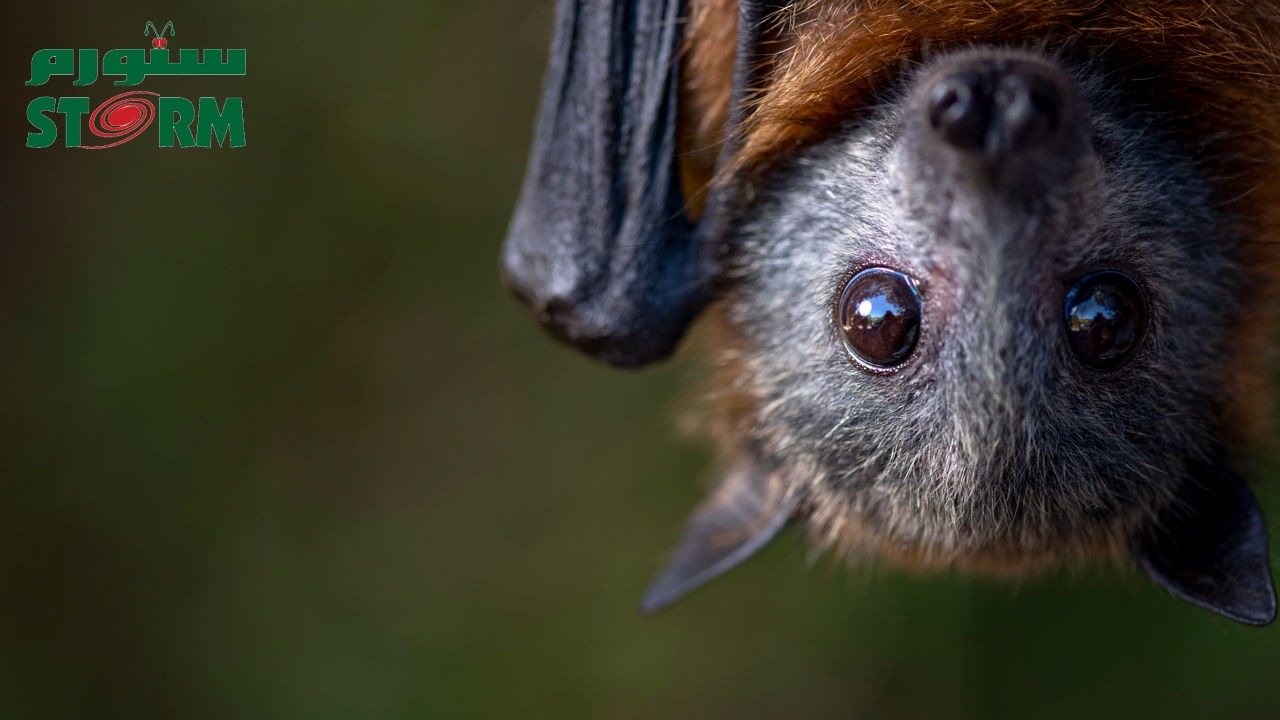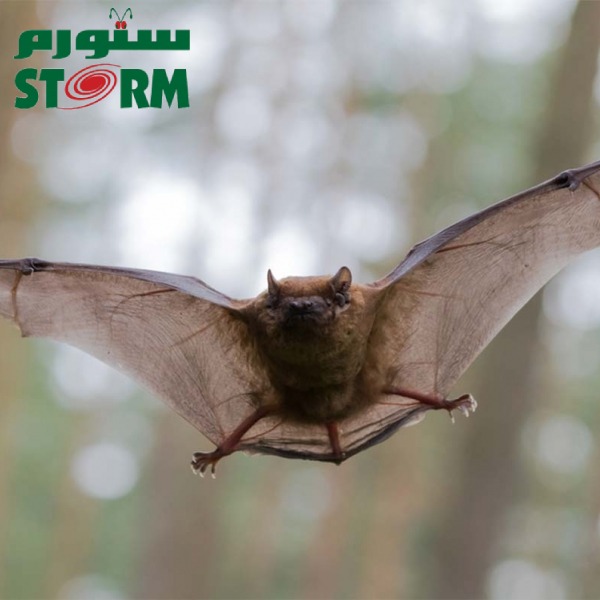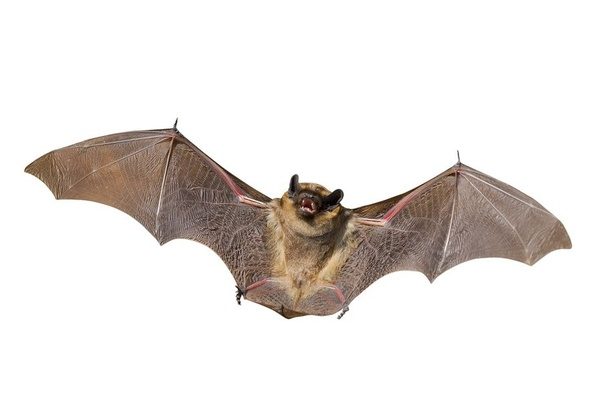Some people used to raise birds such as poultry, ducks, pigeons, geese and other birds and pets such as dogs and cats. But it is considered one of the main reasons for attracting insects to the home and its inhabitants. If you are a bird or dog breeder in your yard, keep reading the article to find out information that interests you.
Rats are attracted to bird food, water, and even eggs. Mice and rats are not only predators of birds and eggs. It also transmits disease to both birds and humans. Rats can climb and jump to enter bird cages or even dig.

Bird keepers need to inspect their cages and their surroundings first, and this includes checking sanitation and food and drink sources that are attractive to rats. It is preferable not to leave bird food at night, and if this is not possible, the cages should be vaccinated. And try to remove the eggs in the morning and do not leave them in the evening because they are the main food for rodents.
There is what is known as “chicken body louse.” This type of louse is specific to chickens. Where lice live their life stages on a bird, feeding mainly on feathers and sometimes on blood. Lice are a nuisance that cause loss of feathers and reduce egg production.
There are flat, dark brown fleas that live on the bodies of birds such as cat or dog fleas; it feeds on the blood of birds and animals, causing stress and sometimes death for birds. Flea eggs fall into the soil containing organic matter that helps them grow; to keep birds and other animals safe, and even for you and your family, be sure to clean the barn first. Like fleas there are also mites that feed on the bodies of birds.
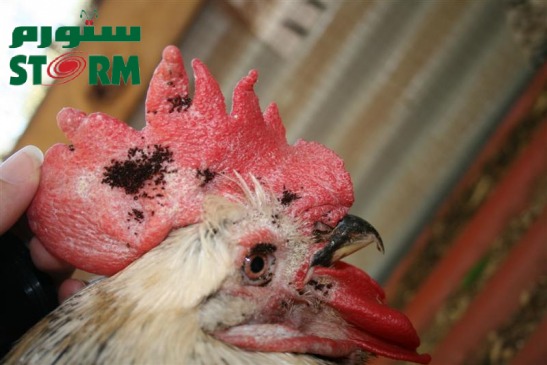
As for dealing with these pests, parasites can be transferred to your barn by other contaminated birds, equipment or humans so it is important to exclude birds and their nests, as well as animals that can transfer parasites to your barn. Clean equipment and inspect birds and animals before bringing them into your garden. Regular cleaning of cages and removing litter can help remove the parasite’s life stages.
It’s a good idea to spot an infection early, so regularly monitor the presence of parasites, whether on animals’ bodies or where they are. Once you know you have a parasite, there are many options to combat it and limit its spread. There are pesticides in farm stores, but be sure to read and follow directions before using them. And consult a veterinarian, fleas can also be covered in gel to suffocate them.
Storm is a pest control and sterilization company. Aims to spread information about common insects and enriching Arabic content in the field of entomology; if you ever need our services, feel free to contact us.

 العربية
العربية

